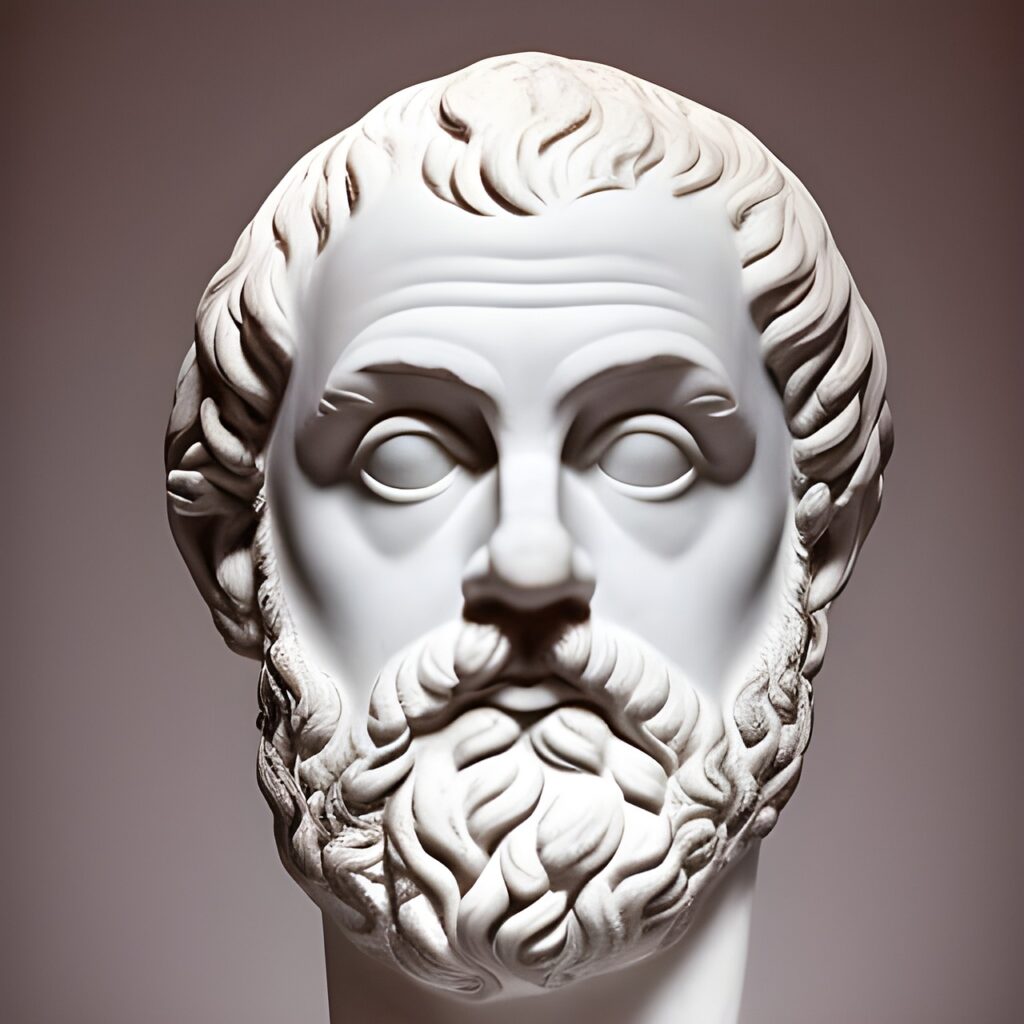Introduction
The Euthyphro Dilemma is an objection that is raised agianst the existence of a wholly good God. Although It’s an older attack on theism, many atheists still use it today. The goal of this objection is to trap the theist into a lose/lose dichotomy. While the Euthyphro Dilemma can be somewhat challenging to deal with, we will show in this article the error in the logic and understanding of this mode of attack, particularly regarding the God of the Bible.
Origin of the Euthyphro Dilemma

The Euthyphro Dilemma originated from one of Plato’s dialogues between Socrates and Euthyphro. In this dialogue, Socrates is on trial for impiety. Before the trial, Socrates is trying to sort out the ultimate source of piety. In other words, what is the source of morality? Socrates asks, “Is something good because the gods will it or do the gods will it because it’s good?” This question stumped Euthyphro as it very often stumps many Christians today.
Problem #1: Something is Good Because God Declares it
Why is the Euthyphro Dilemma so challenging? The problem lies with the logical outcome of the two options given. The first, “Is something good because God declares it?” makes morality arbitrary. It is, at first, easy to conclude that this is the correct view due to the sovereignty and Lordship of God as creator of the universe. However, there is a flaw in this Logic that the atheist seeks to exploit.
In this case, the logical outcome would mean that God has arbitrarily decided that murder, theft, etc. are wrong. He could have just as easily decided that these actions are right and that generosity and love are wrong. Therefore, morality isn’t objectively true, it’s just a whim of God declared by fiat.
Problem #2: God Declares it Because it is Good
On the other hand, we then must consider if objective morals are simply “brute facts in a godless universe” (Groothius, 2011, p. 357). If this is the case, then this would be the reason that God wills certain things. This is problematic because it would mean that God adheres to an outside source of morality. Therefore, we must conclude that God is not God but something, or someone, else is because God is obligated to a moral standard that is outside of Him and/or above Him.
The Dichotomy
Those who appeal to the Euthyphro Dilemma seek to pin down the Christian into what is called a false Dichotomy in which one is stuck with the choice between Problem #1 and Problem #2. Both problems result in the conclusion that God is not the God that the Bible claims Him to be, thus allowing the atheist to win the day.
The Unrecognized Third Choice
Those who seek to weaponize the Euthyphro Dilemma against belief in the God of the Bible fail to recognize that there is a third and better option. That is to recognize that morality is not a whim of God, nor does it come from outside of God. Objective morality originates from God’s nature. It comes from who He is.
God’s attributes aren’t just characteristics about God, they are who He is. For example, we know from the Bible that God doesn’t just act good, He IS good (Ps. 107:1, Lk. 18:19, 1 Jn 1:5). God doesn’t just do holy and righteous things, He IS holy and righteous (1 Sam. 2:2, Is. 6:3, 1 Pet. 1:15-16). It is in this way that goodness, holiness, justice, and righteousness originate from who God is.
Things that God Cannot Do
It may at first glance seem controversial to claim that there are things that an all powerful God can’t do. However, there is Biblical support for this. For example, the Bible tells us that God cannot lie (Num. 23:19, Heb. 6:18, Titus 1:2). It also tells us that God cannot fail (Lk. 1:37, Josh. 21:45). To say that there are things that God can’t do isn’t the same as saying there are things you and I can’t do. For us, things that we can’t do are limitations. We aren’t strong enough or intelligent enough or wise enough.
However, God is not limited in the same way we are. God can’t do certain things because He is perfect in His attributes (Deut. 32:4, Ps. 18:30, Matt. 5:48). He is perfectly good, perfectly just, perfectly holy, perfectly righteous, etc. Therefore, God can’t be unjust because He is the source of justice. He can’t be evil because He is the source of goodness. He can’t be unrighteous because He is the source of righteousness. It’s who He is (The Moral Arugument for God, Will a Loving God Send Anyone to Hell).
Conclusion
Objective morality doesn’t originate from outside or above God, nor is it a whim of God declared by fiat. God’s perfect nature is the source of objective right and wrong. He couldn’t simply declare evil things to be good because that would conflict with His nature. Therefore, we can conclude that the false choice offered up by the Euthyphro Dilemma can be discarded as a failed attempt to discredit the reality of and the sovereign rule of the God of the Bible.
Blessings

1 thought on “The Euthyphro Dilemma”
Pingback: Why the Tree of Knowledge? - Questions in Theology